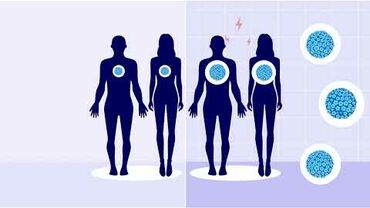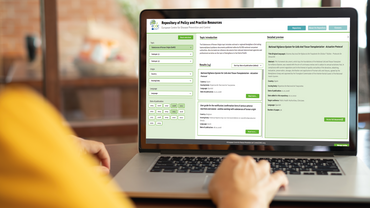EpiPulse - the European surveillance portal for infectious diseases
EpiPulse is an online portal for European public health authorities and partner organisations to collect, analyse, share, and discuss infectious disease data for threat detection, monitoring, risk assessment and outbreak response.
EpiPulse was launched on 22 June 2021. It integrates several surveillance systems that were previously independent (The European Surveillance System (TESSy), the five Epidemic Intelligence Information System (EPIS) platforms and the Threat Tracking Tool (TTT)), provides new functionalities and seamless access to data in a single platform.
The portal facilitates collection, analysis and dissemination of indicator- and event-based surveillance data on infectious diseases and associated health issues, including global epidemic intelligence, whole-genome sequencing, and health determinants.
Appointed experts from the EU/EEA and non-EU countries within ECDC’s cooperation framework, ECDC staff, and representatives of European authorities and international organisations can access the portal to report and analyse cases of infectious diseases and pathogens that may threaten public health in the EU/EEA. The platform facilitates interdisciplinary collaboration and connects users from different sectors under a One-Health approach.
Through this platform, ECDC aims to strengthen the prevention and control of infectious diseases by enhancing early threat detection and assessment. It will enable better preparedness and management of threats from infectious diseases at the EU and global level, through real-time monitoring of outbreak signals and events.
Read more about the platform
News
Launch of EpiPulse, a new portal to strengthen the prevention and control of infectious diseases
On 22 June 2021, the European Centre for Disease Prevention and Control (ECDC) launches the European surveillance portal for infectious diseases (EpiPulse), an online portal for European public health authorities and global partners to collect, analyse, share, and discuss infectious disease data for threat detection, monitoring, risk assessment and outbreak response.



